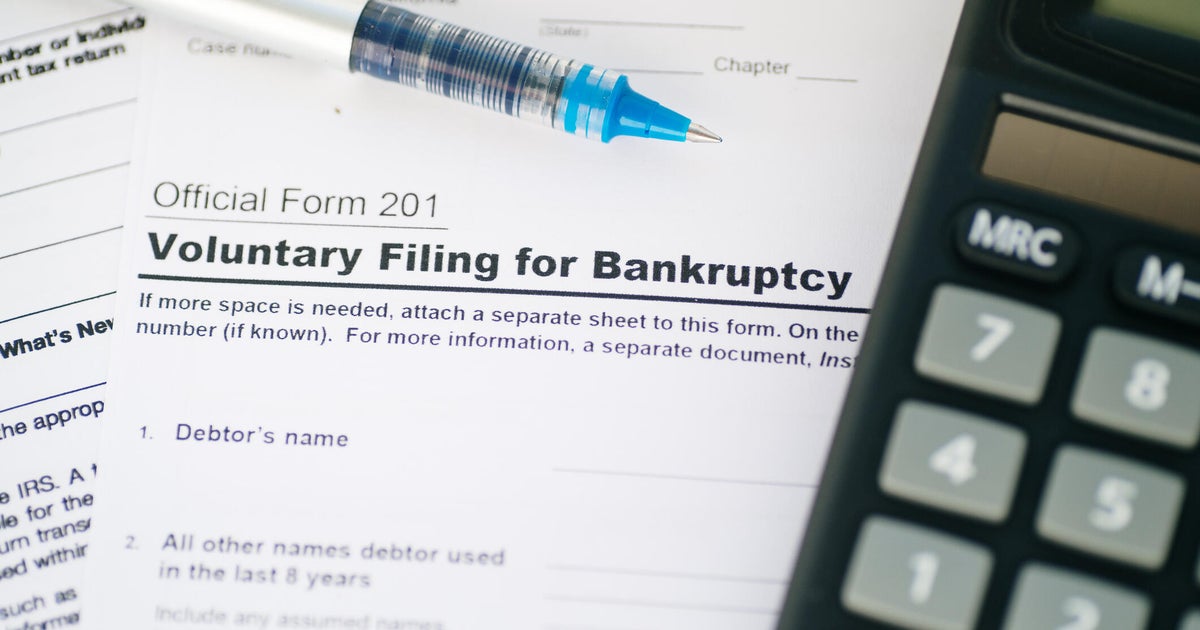What is a DBA, and does your business need one?
More and more Americans are working for themselves or starting their own business. If you're one of them, you'll likely need to register for a DBA, which stands for "Doing Business As."
Before you file a DBA, you'll want to make sure you fully understand what it entails. Here's everything you need to know.
What is a DBA?
A DBA is a business' trade or fictitious name. It's used to distinguish that business' name from the legal name of the person or people who own, operate and are responsible for that business.
If you're working for yourself, known as a sole proprietor, or starting a business and want it to be known as anything under your real name, you'll need to register a DBA name. Existing companies or limited liability companies (LLCs) are generally required to register a DBA name. And most incorporated entities are required to file a DBA. Many states, cities and counties may legally require you to register a DBA where you and your business - no matter how it's structured - operate.
If you're unsure whether you're required to file a DBA, check with your city, town, county or state if you need to file a DBA. For most states, that's the secretary of state's office. Even if you're not required to file for a DBA, you may want to. It keeps your personal separate from your professional activities.
What are the advantages of having a DBA?
When you create a business, its legal name typically defaults to the person or entity that created it unless it's registered with a DBA name. In most cases, you don't want to mingle those two and will want to register a DBA.
With a DBA, you can separate your business or professional from your personal for customers and regulators. In many states, you're required to file a DBA to obtain various licenses or permits. Fees can vary by state, municipality and type of business, but generally, the cost of filing a DBA ranges from $10 to $100.
DBA benefits for sole proprietorships and partnerships
Even if you're not required to file a DBA in your city, county or state, you may want to help distinguish the business from you personally. Having a DBA can allow you to do things like open a separate bank account under the DBA name or accept contracts using the DBA name.
If you're a sole proprietor you may use a DBA to legally differentiate between your personal and professional activities. For example, if your name is John Smith and you're a plumber who wants to work for yourself, you may choose a business name like Smith's Plumbing and Repair. You'd register John's Plumbing and Repair as a DBA name.
DBA benefits for LLCs and corporations
If you already run a business and want to have a common name that's different from your legal business name, you may also want to register for a DBA. For instance, if your small cupcake company is called Cupcakes Are Delicious LLC, but if you want to open coffee shops under the name Sweet Caroline, you'd register Sweet Caroline as a DBA.
Why would a business use a DBA?
Different types of businesses can benefit from registering a DBA for ease of filing the necessary licenses or permits.
Getting a DBA and federal tax ID number (EIN) allows you to open a business bank account, for example. Even if you are a sole proprietorship - the term for working only for yourself - you may benefit.
For instance, if you don't want your name directly associated with business activities in public-facing information or documents, you'll want to file a DBA. You should also check what your tax obligations are to help make your decision.
What is the difference between an LLC and a DBA?
An LLC is short for legal liability company. Most people form an LLC to shield the owner's personal assets like vehicles, homes and savings accounts from risk if an LLC faces bankruptcy or legal trouble.
A DBA doesn't provide the same legal distinction.
Does a DBA keep others from using your business name?
Generally, multiple businesses can use the same name in one state. So you'll want to consider additional places to register and protect your business name if you want it to remain unique.
You may want to consider registering a trademark to protect a brand name, while a domain name can protect your business' website address. Depending on the kind of business you're forming, other protections may also be needed.



